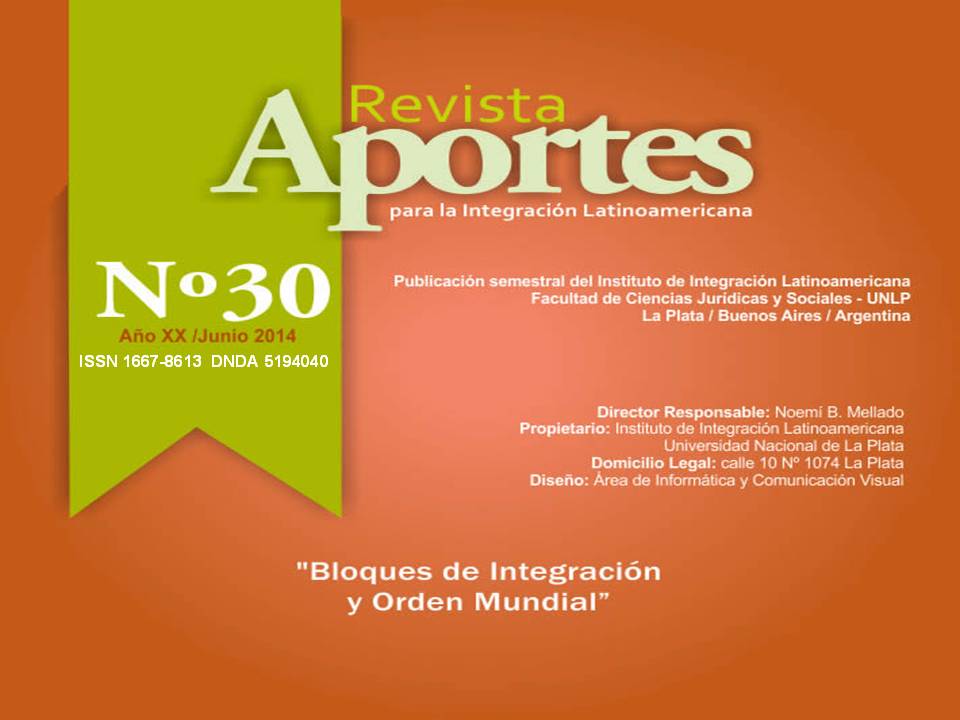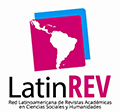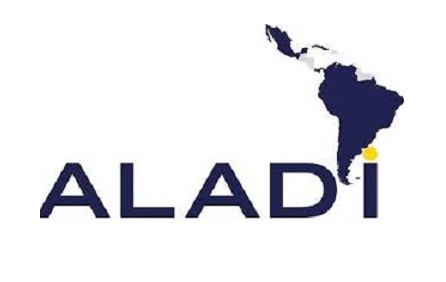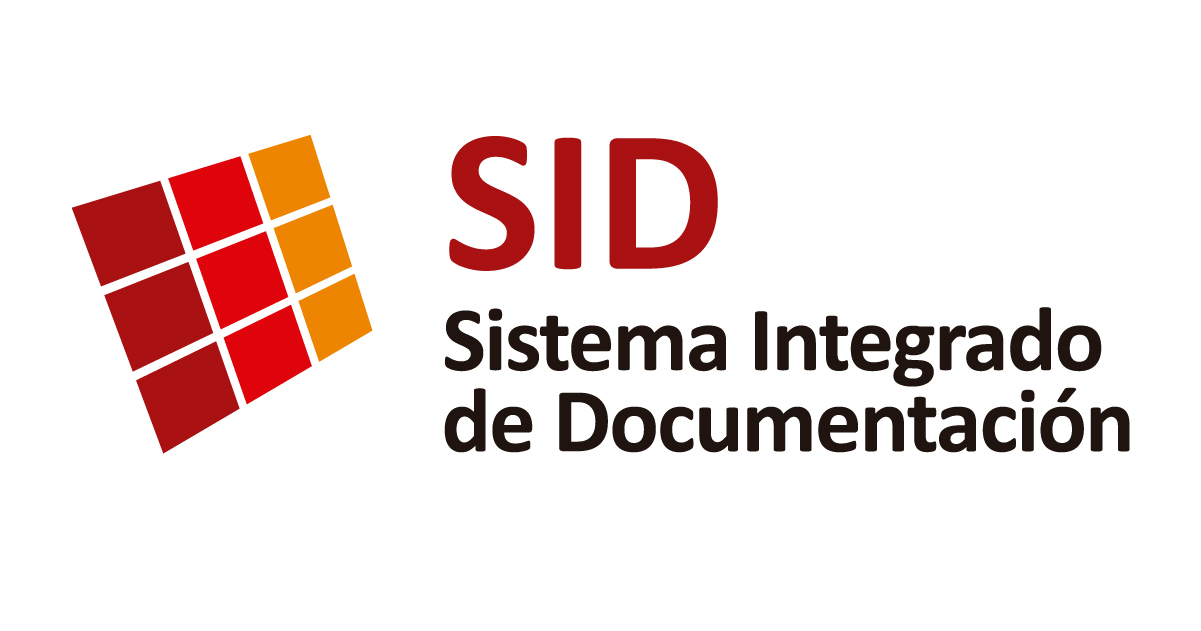The contemporary world order through the concepts of hegemony and empire: crisis and mechanisms of change of hegemonic models. A state of affairs
Keywords:
Hegemony, Empire, Mechanisms of change, CrisisAbstract
In this article we propose to establish the internal logic of the theoretical paradigms that underlie the concepts of hegemony and empire into four principal authors to international theory, verifying what consequences they have on the concept of change; and the characteristics and resolution of the current crisis in the international system. The first part of the work will address the contemporary world order developing in particular how the concepts of hegemony and empire through four of its most prominent authors shape: first, analyze the proposals and Hardt and Negri hypothesis why sovereignty has taken a new form, composed of a series of national and supranational organisms united under a single logic of rule; secondly, the Barber who sets the idea that the U.S. has generated a rule of fear which is established an empire of fear; thirdly, Joxe, who notes that the United States is the role of empire characterized by chaos, proposing to (France leading) Republics as changing mechanisms that chaos; Finally, we take Chomsky who said the great American imperial strategy as intention to maintain its hegemony. The second part of our analysis extends the possibilities and mechanisms of change in an order in crisis. Our foundation of the matching results of the first part, including the American hegemón, defending their interests, and weaknesses.
Downloads
Metrics
Downloads
Published
How to Cite
Issue
Section
License
Obras bajo licencia CC-BY-NC-ND
Esta licencia no permite la generación de obras derivadas ni hacer un uso comercial de la obra original, es decir, sólo son posibles los usos y finalidades que no tengan carácter comercial.


































